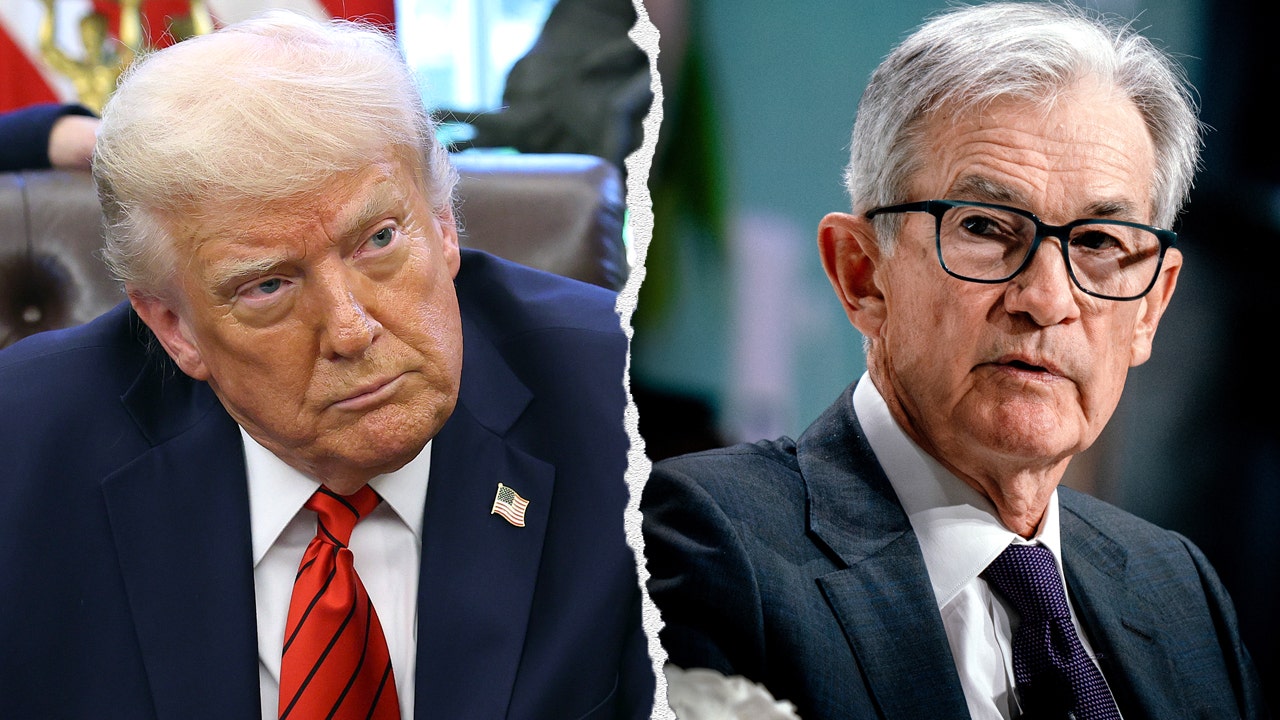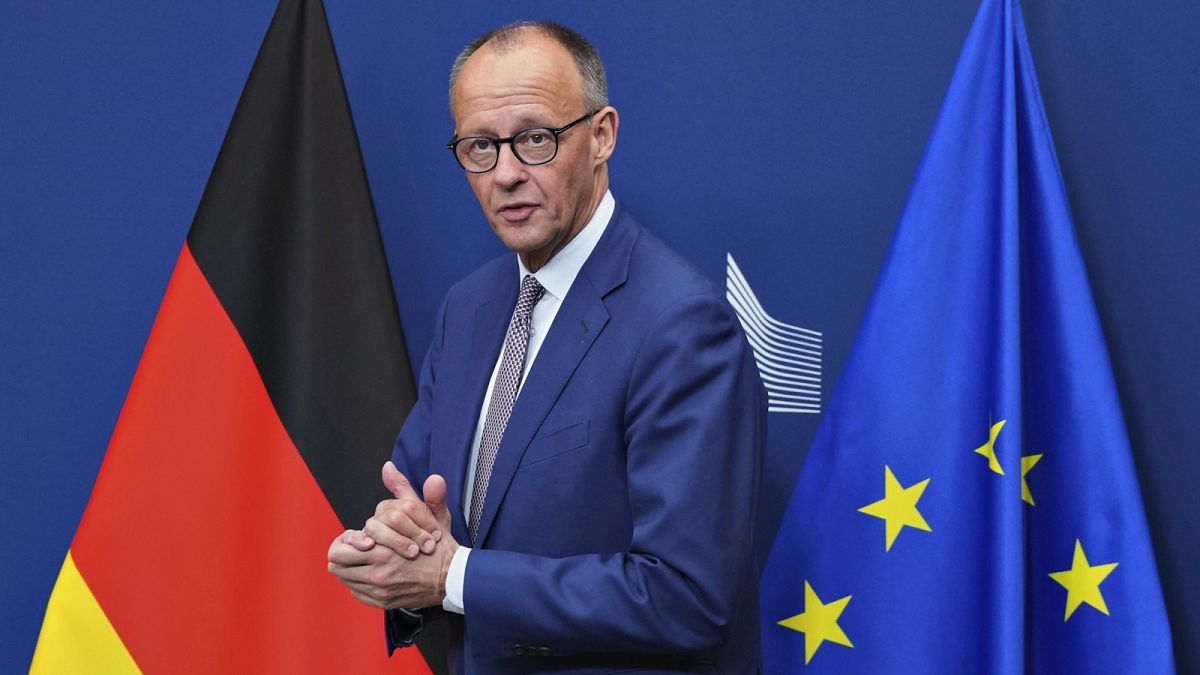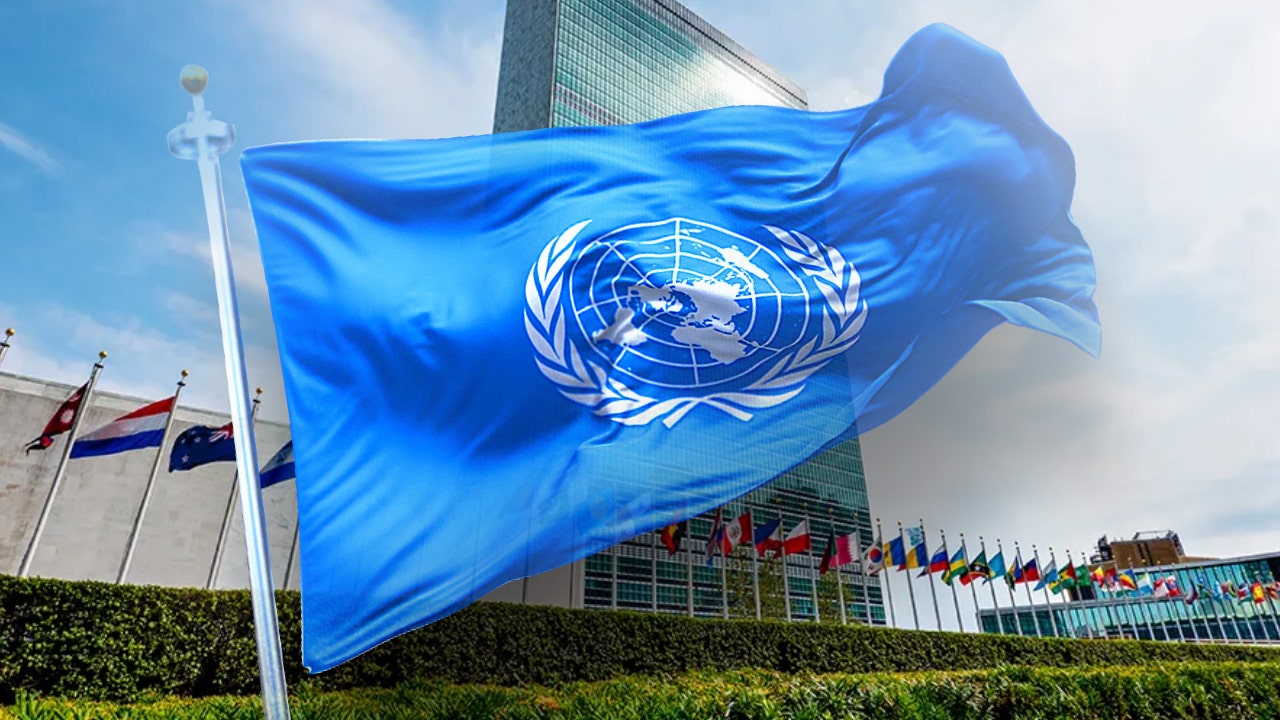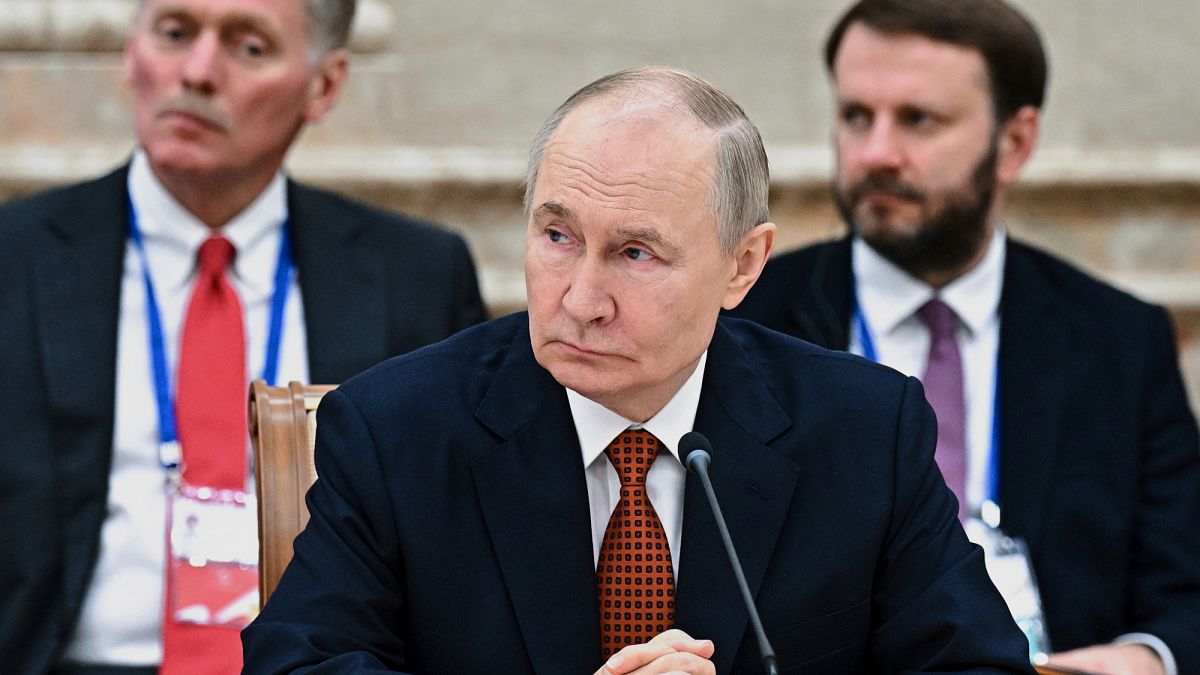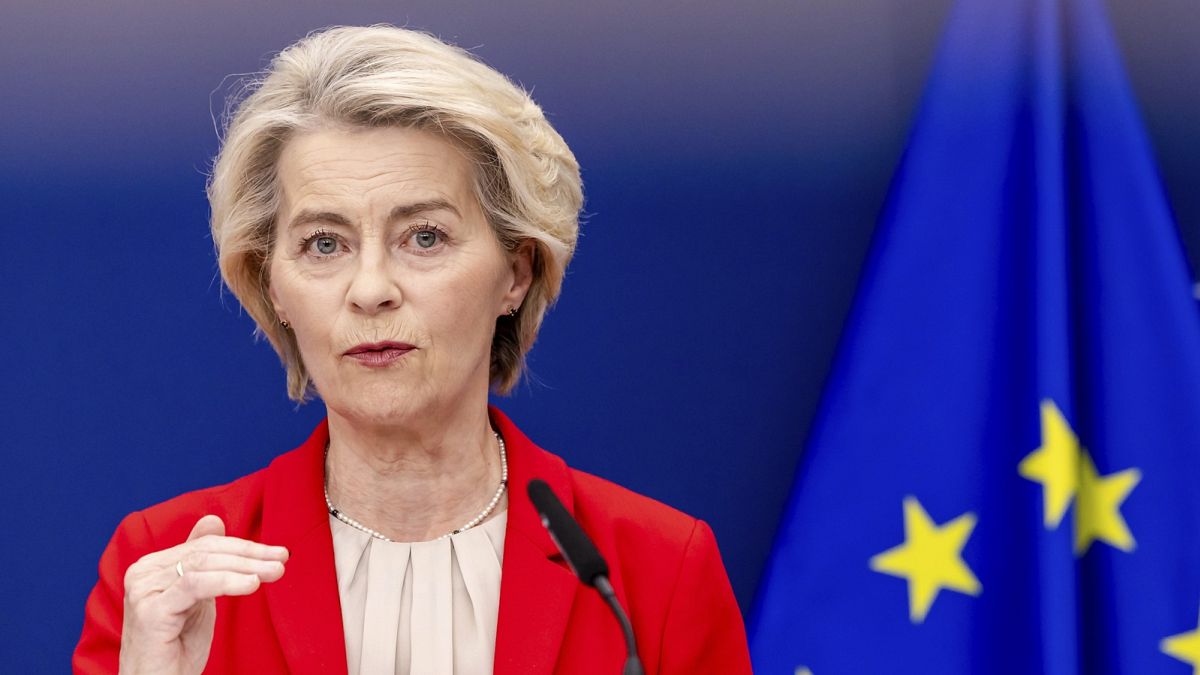Friedrich Merz, the new federal chancellor of Germany, brought an unambiguous message to his first visit to Brussels since taking office.
“It cannot become the rule that we go into debt at the EU level,” he declared.
In separate press conferences with Ursula von der Leyen, the president of the European Commission, and António Costa, the president of the European Council, the German leader left no doubt as to his view on the issuance of debt shared by the 27 member states, as the bloc did in 2020 to set up the €750-billion COVID recovery fund.
Since that groundbreaking experience, a growing group of countries has raised the idea of repeating the model to raise money for the myriad of challenges facing Europe today, including the gradual loss of competitiveness, the fight against climate change, the phase-out of Russian energy fuels and, more recently, the ramp-up of military spending.
In early March, von der Leyen unveiled the “Readiness 2030” plan to invest up to €800 billion in rearming the EU and building up deterrence. The plan involves €150 billion in low-interest loans, which will be repaid only by the member states that request them. The rest of the money is meant to be raised through the temporary relaxation of fiscal rules and new initiatives with the private sector.
On Friday, Merz defended the need to resort to the financial markets to boost military expenditure but warned against extending the approach to other policy areas. Before taking office, the conservative leader spearheaded a constitutional amendment to exempt defence and security spending above 1% of GDP from the so-called “debt brake” in Germany.
“We’re facing crises and challenges across the world that are becoming more permanent, and that cannot be used as a basis for permanent common European debt,” the chancellor said, speaking next to Costa.
Later, with von der Leyen, he echoed his earlier message.
“There can be exceptional circumstances, such as during the COVID pandemic. And another situation we currently find ourselves in is stocking up our defence capabilities,” he said. “But it should remain an exception for the European Union to go into debt.”
Merz also raised concerns about the burden that continued public spending would put on member states, some of which already exceed the 100% debt-to-GDP ratio.
“I wonder to what extent the refinancing, not just of the debt but also the interest rates, is going to be possible. We cannot go into never-ending spirals of debt,” he said.
“What we need to do is look for joint solutions, but it’s not just a question of money. It’s also a question of efficiency,” he added, calling for regulatory simplification, standardisation and economies of scale as alternative methods.
The debate around debt will begin at full throttle when the Commission unveils its proposal for the EU budget 2028-2032, which will introduce a brand-new envelope to pay back the accumulated debt from the COVID recovery fund. Repayments are estimated to be sizeable, ranging from €13 billion to €15 billion per year until 2058.
The Commission’s presentation, expected before the end of this year, will trigger a protracted, complex and likely explosive debate among member states.
Spain, for example, has tabled an ambitious proposal to increase the bloc’s budget from the current €1.2 trillion to €2 trillion, using common debt as a tool. Meanwhile, the Baltic states, Poland and Greece have called for grants to finance defence spending. Unlike loans devised by von der Leyen, such grants would be paid back collectively.
Finland and Denmark, two traditionally frugal nations, have switched gears to embrace a more flexible position, arguing Russia’s aggressive posturing merits a new way of thinking. By contrast, the Netherlands insists on its long-standing red line: no more common debt.
Squaring the circle will only be possible once Germany and France, the EU’s largest economies, arrive at common ground. Paris has often called for innovative solutions to the EU budget, even as it struggles to curb its ballooning debt levels.
“It’s going to be a difficult discussion. There will be differences of opinion,” Merz admitted. “There’s not always agreement between Germany and France, but we’re sitting down and talking about these topics.”
Merz’s visit to Brussels coincided with Europe Day.
Read the full article here


